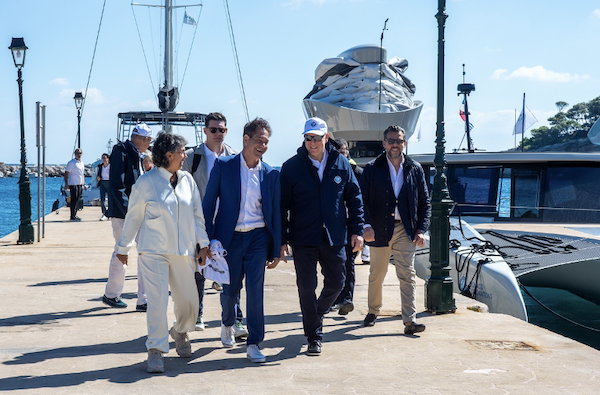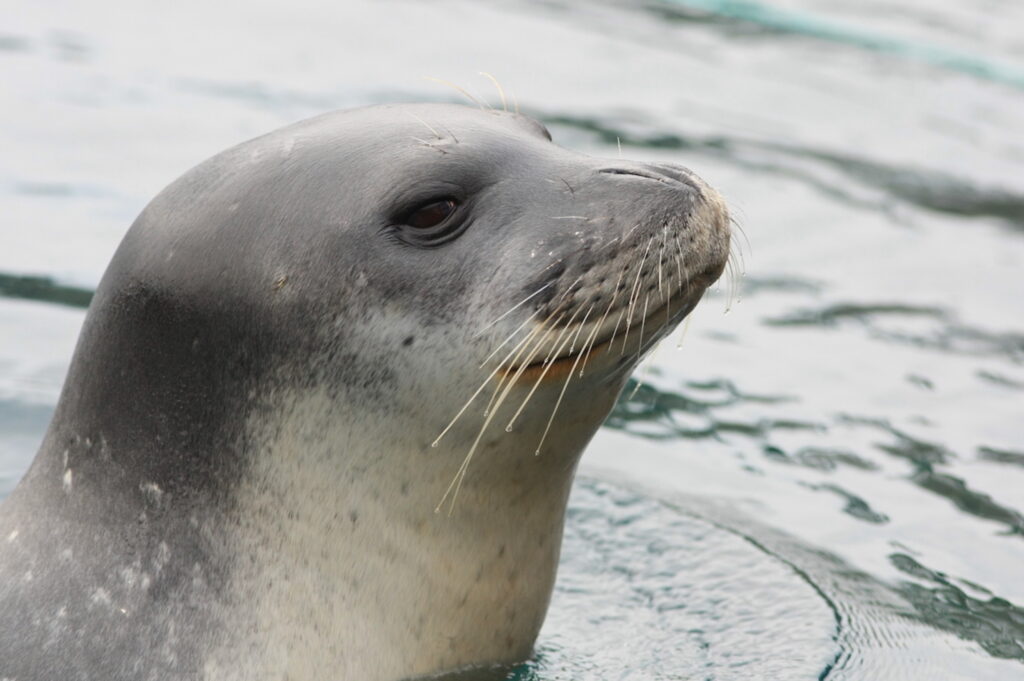Prince Albert II explores caves of endangered Mediterranean monk seals

On Thursday 9 October, in the crystal-clear waters of the Aegean Sea, Prince Albert II dived into a marine sanctuary where one of the planet’s most endangered species survives.
Prince Albert II donned a diving suit so he could explore the underwater caves of Skopelos. He boarded a ship belonging to the Greek Agency for the Natural Environment and Climate Change and headed for the Sporades archipelago on a very specific mission: to observe the last monk seals in the Mediterranean in their natural environment.
It was an extremely rare face-to-face encounter with the emblematic Mediterranean species, of which only a thousand remain worldwide. In these rocky cavities that are inaccessible to the general public, Prince Albert II was able to see for himself how fragile these marine mammals are. Monaco and the Prince Albert II Foundation, through the Monk Seal Alliance consortium, have been working for many years to preserve the species, promoting research programmes, scientific cooperation and the protection of marine habitats throughout the Mediterranean basin.

“We can only protect what we know about. It is therefore essential that we learn how to observe and understand species and their habitats. By respecting living beings and where they live, we are better able to preserve them. This close relationship with the marine environment is essential if we are to understand it and better protect it,” said Prince Albert II.
Back on board the MODX 70-01, the support vessel for the Explorations de Monaco mission, the Sovereign Prince then visited the island of Alonissos, where he held talks with staff from the Marine Natural Park, researchers, local associations and fishermen, all committed to protecting marine fauna and promoting responsible fishing practices.







